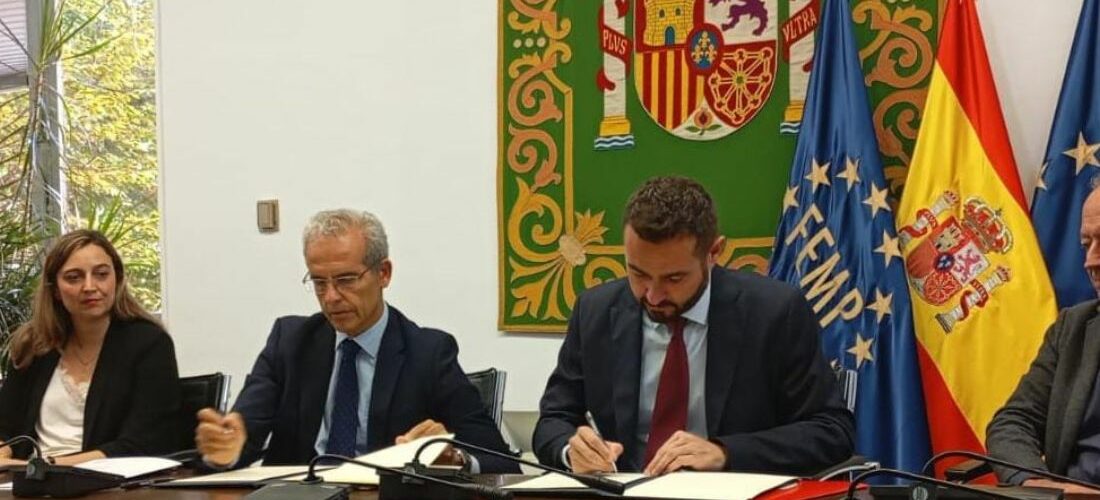Space, the law’s new frontier
How the expansion of space activities in Portugal is redefining the role of lawyers and legislators in a rapidly evolving sector
by glória paiva
Experts: João Leitão Figueiredo, partner in the technology, media & communications, intellectual property, and life sciences & healthcare practices at CMS Portugal; Magda Cocco, partner and head of the information, communication and technology practice, the Digital Frontiers practice and head of the aerospace sector at Vieira de Almeida (VdA) and Ana Rita Paínho, partner in the Life Sciences, Intellectual Property, and TMT departments and coordinating partner of the Space Law area at Sérvulo & Associados
“Not only are we in the universe, the universe is in us.” The reflection of American astrophysicist Neil deGrasse Tyson has never been more relevant than at this moment in human history. From mobility infrastructure, telecommunications, weather forecasting, defense, and natural resource management to the dream of expanding humanity’s reach, the universe has never felt so close to Earth and our daily lives. A multitude of human activities already depends on space-based solutions, and technological advances, the entry of private companies, and international cooperation are contributing to the development of the sector. In this context, “space law” is emerging as an essential field, which still needs to evolve to address the regulatory and ethical challenges of this new frontier.
“The growth of what is called NewSpace—a private sector aiming to democratize access to space and reduce the cost of related activities—is also contributing to the universalization of these activities, even in countries without launch centers, like Portugal”, explains Magda Cocco, partner and head of the information, communication and technology practice, the Digital Frontiers practice and head of the aerospace sector at Vieira de Almeida (VdA). The Atlantic nation has been adopting a series of unprecedented measures to encourage the sector’s development, such as establishing the Portuguese Space Agency and investing in space infrastructure, like the Spaceport in the Azores. Portugal is collaborating with international partners and projects like Copernicus, NASA, MIT, and the European Space Agency, and has engineering schools with programs specifically designed for the space sector. This year, the first test launch of a rocket from the Azores’ Santa Maria Island is expected, with the autonomous region aiming to become “an Atlantic hub for space.”
Portugal’s trajectory could enable its inclusion in an exclusive club of nations with strategically and economically significant space programs. “The creation of a launch base in the Azores will undoubtedly place the country in a prominent position. Involvement in international projects positions Portugal as a development hub with great potential to lead initiatives in telecommunications and space exploration”, says João Leitão Figueiredo, partner in the technology, media & communications, intellectual property, and life sciences & healthcare practices at CMS Portugal.












